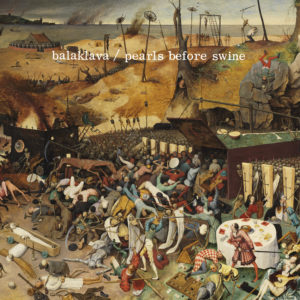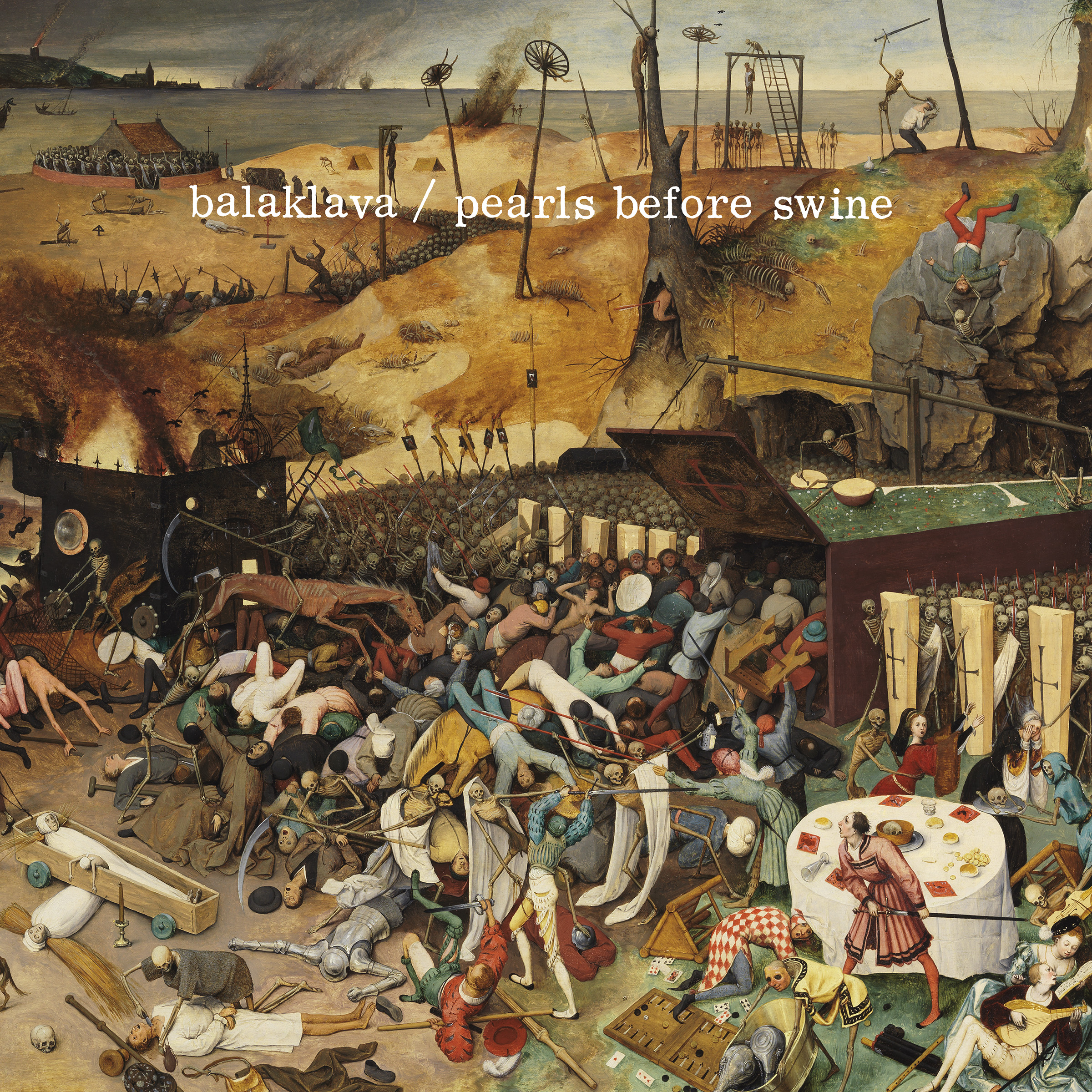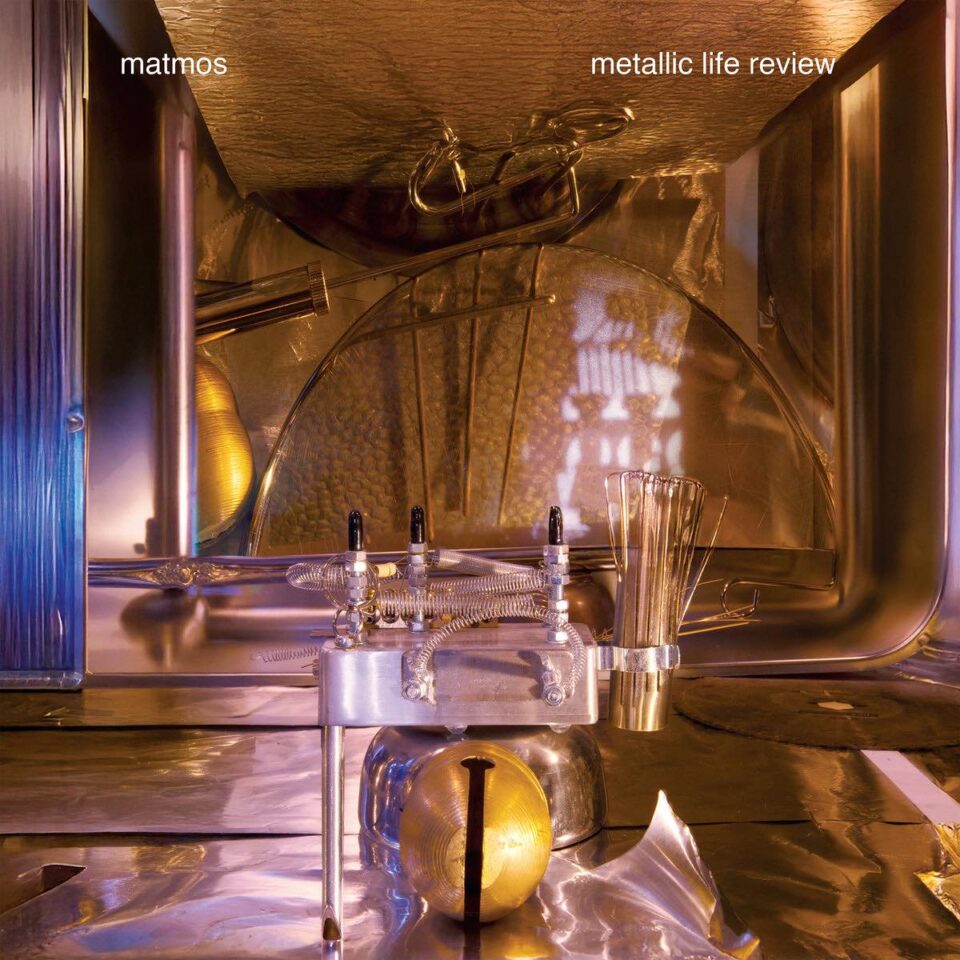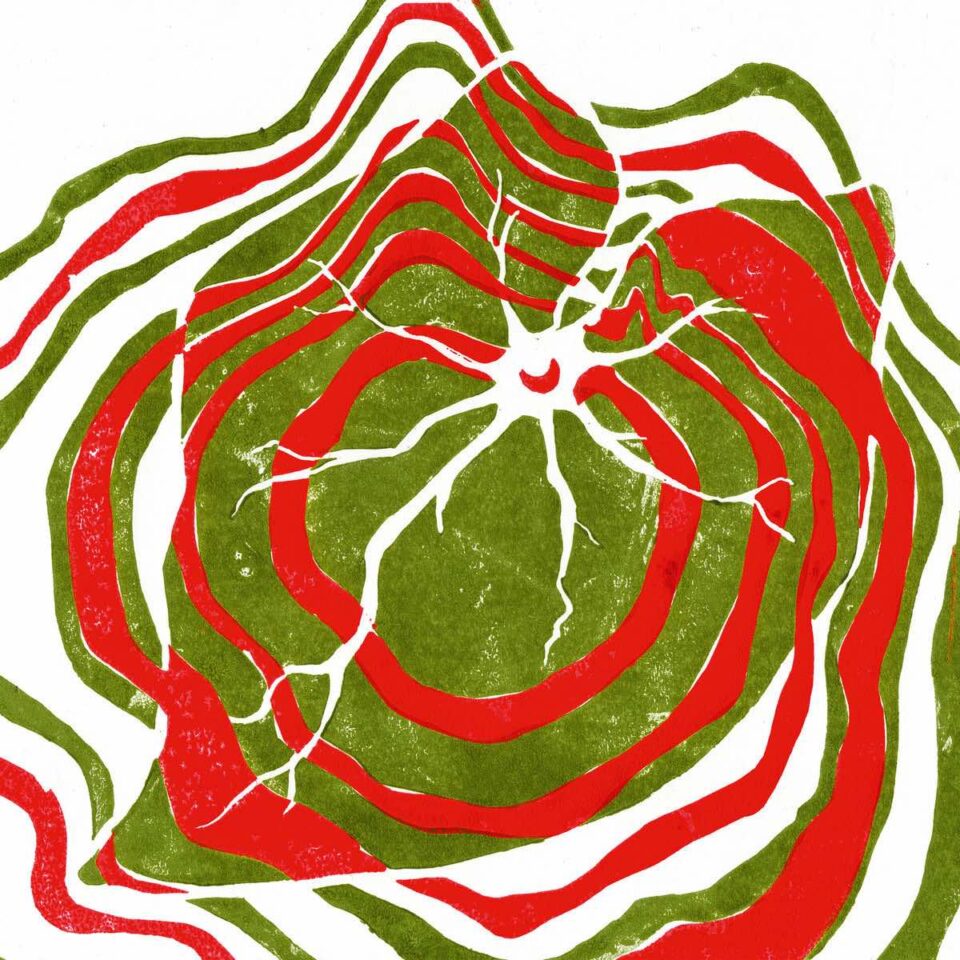 Pearls Before Swine
Pearls Before Swine
Balaklava
DRAG CITY
8/10
This year marked a spate of classic albums from 1968 rebirthed, reimagined, and re-spat out into the world to honor the fifty year milestone. A half-century is no joke in the world of music, especially when that year marks one of the most inspiring and creatively energized moments in our cultural history. Pearls Before Swine’s second album came out that year, too—and while it’s not getting a seven-disc suitcase full of mono remasters, it is getting released into the wild albeit bittersweetly and simply (founder Tom Rapp passed away earlier this year) so that those uninitiated might try to parse some sense from its still-strange ways.
Pearls Before Swine’s debut, One Nation Underground, had a countercultural prankster edge to it—the songs catchy in their snickering beatnik ways. Balaklava is less easy to grasp, its songs coming in waves of breath and snippets of sound. While the UK was still churning out psychedelia of the “Candy and Currant Bun” variety, and the US was beginning to get back to the land, man, this quasi-historical mystery album featuring a lisping songwriter who was recording 78 RPM cylinders and talking about Florence Nightingale existed, if not in the middle, then somewhere over there. It was fitting that the album had a home on ESP Records then—and now it has one on Drag City.
Balaklava is a dramatic record with overdubs and tape manipulation and songs that seem to channel existential rage at those who continue to bring us into war. But it’s not as simple as “I ain’t marching anymore.” Rapp gets this across with references to civil war deserters and allegorical stories of lepers and roses. So few albums are able to explore man’s most debased nature while also using the glory and transcendence of nature (in lyrical snippets and sound bites) to achieve a graceful kind of protest. “I Saw the World” and “Images of April” are a fusion of Leonard Cohen, Tim Buckley, and Phil Ochs—yet with a spiritual quality that makes the songs feel like they came from the age of William Blake, not Peter Blake.









